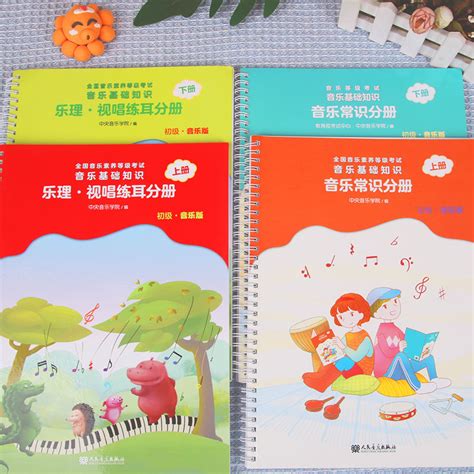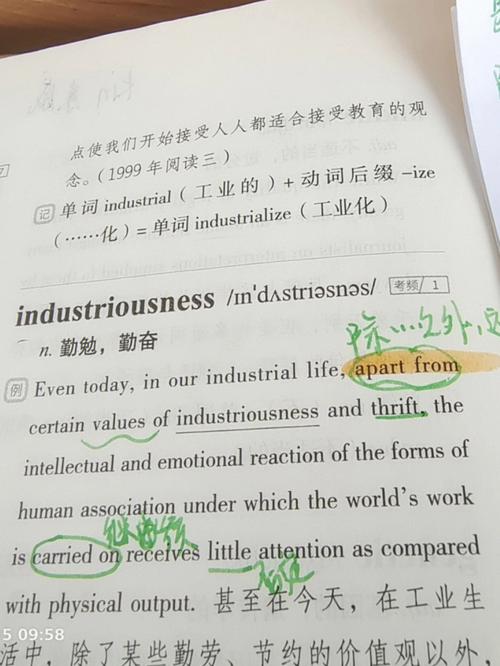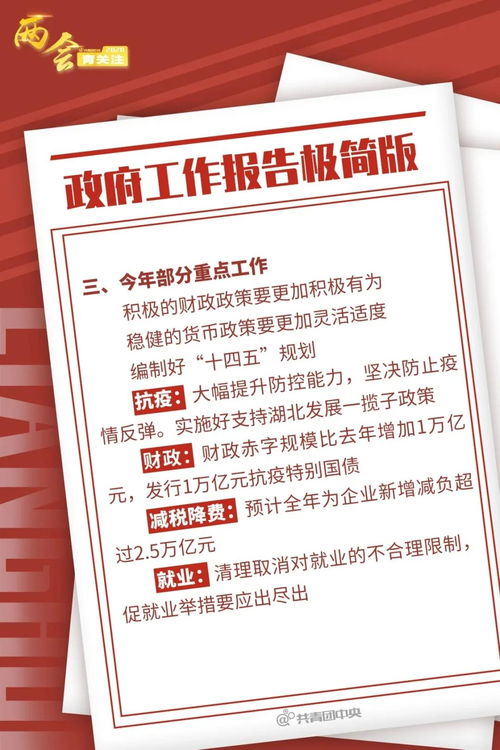中央音乐学院考研成绩
Navigating Central Conservatory of Music's Graduate English Examination
The Central Conservatory of Music (CCOM) in China is renowned for its rigorous academic programs and high standards. For prospective graduate students, the English examination is a crucial step in the application process. Here's a comprehensive guide to help you prepare effectively:
Understanding the Examination Format
The CCOM's English examination typically assesses candidates' proficiency in English language skills, including reading, writing, listening, and sometimes speaking. The format may include:
1.
Reading Comprehension:
This section tests your ability to understand and analyze written English texts, including academic articles, essays, and musical literature.2.
Writing Skills:
You may be required to write essays or short responses on topics related to music theory, history, or criticism. Grammar, vocabulary usage, coherence, and clarity are essential aspects evaluated.3.
Listening Comprehension:
This part evaluates your listening skills by playing recordings of lectures, musical pieces, or discussions. You may be asked to answer questions or write summaries based on what you hear.4.
Speaking (Possibly):
Some programs may include a speaking component where you have to demonstrate your ability to articulate ideas clearly and effectively.Preparation Strategies
1.
Start Early:
Begin your preparation well in advance to allow sufficient time for practice and improvement.2.
Familiarize Yourself with Musical Terminology:
Since you'll be applying to a music conservatory, it's crucial to have a strong grasp of musicrelated vocabulary and concepts. Review terms related to music theory, history, performance, and composition.3.
Practice Reading Academic Texts:
Read a variety of academic articles, journals, and essays in English, focusing on musicrelated topics. Pay attention to the main ideas, supporting details, and vocabulary usage.4.
Enhance Writing Skills:
Practice writing essays or short responses on topics such as music history, analysis of musical compositions, or the role of music in society. Seek feedback from peers or teachers to improve your writing style and coherence.5.
Listening Exercises:
Listen to a wide range of English audio materials, including lectures, podcasts, and music recordings. Practice summarizing key points or transcribing spoken passages to improve your listening comprehension skills.6.
Speaking Practice (if applicable):
If the examination includes a speaking component, practice expressing your ideas clearly and confidently. Engage in conversations with peers or tutors, focusing on articulation, pronunciation, and fluency.7.
Mock Exams:
Simulate exam conditions by taking mock exams under timed conditions. This will help you familiarize yourself with the format and improve your time management skills.Additional Tips
1.
Stay Updated:
Keep yourself updated with current events and developments in the field of music and music education, as these topics may feature in the examination.
2.
Manage Stress:
Exam preparation can be stressful, so make sure to take breaks, get enough rest, and engage in relaxation techniques to stay focused and calm.3.
Seek Support:
Don't hesitate to seek support from teachers, tutors, or online resources to clarify doubts and strengthen your weak areas.4.
Review and Revise:
Regularly review and revise the material you've studied to reinforce your learning and ensure retention.Conclusion
Preparation for the Central Conservatory of Music's English examination requires dedication, thoroughness, and consistent practice. By following these strategies and tips, you can enhance your English language skills and increase your chances of success in the examination. Remember to stay focused, confident, and motivated throughout your preparation journey. Good luck!












评论